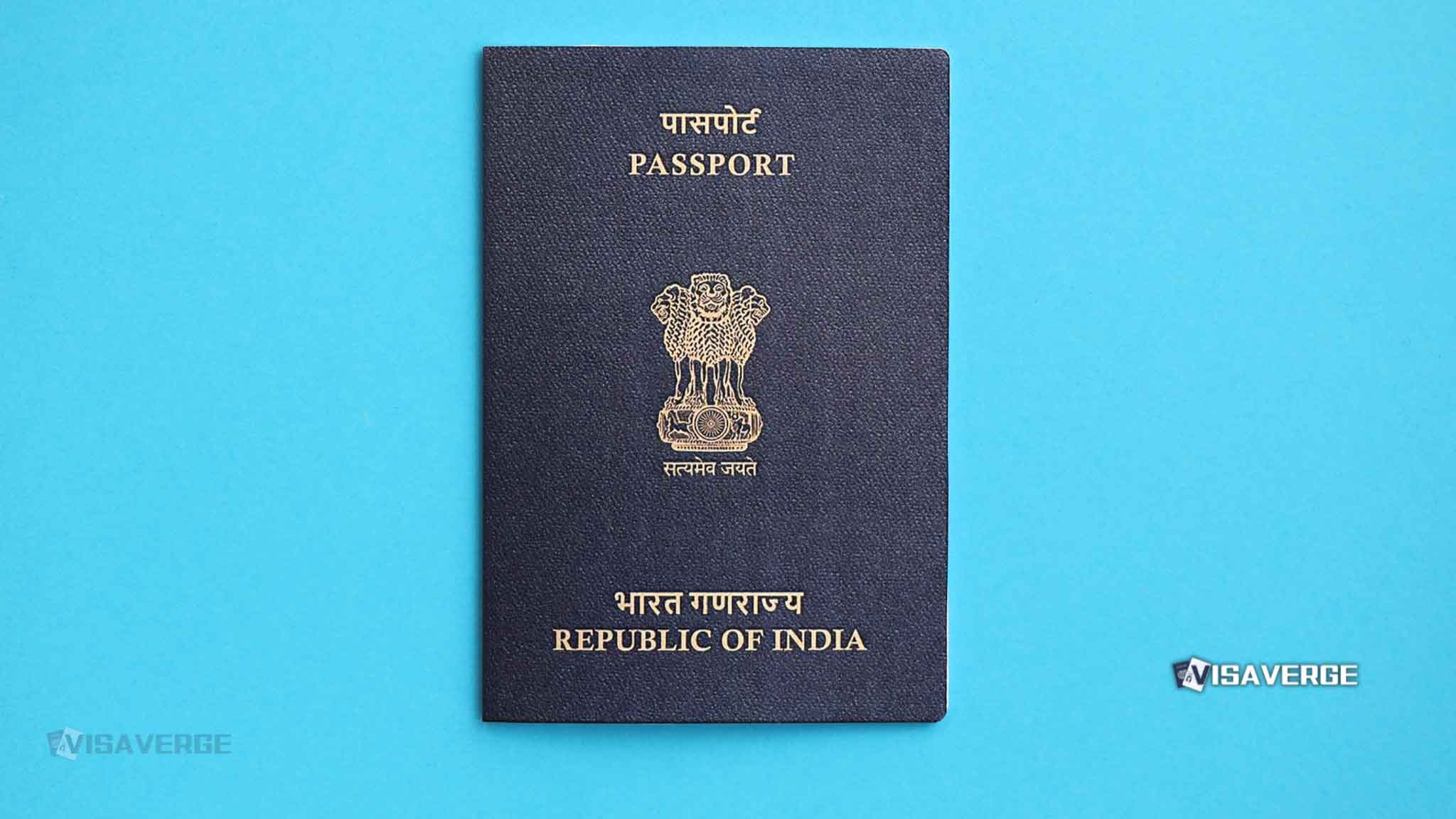(AUSTRALIA) People who want to move to Australia, even for a short stay, are expected to accept and respect Australian values. This is not just a cultural idea — it is written into immigration rules. For many visa types, adults must sign the Australian Values Statement, promising to follow Australian laws and respect the country’s basic principles, including the rule of law, democracy, equality, and freedom of speech and religion.
Core eligibility question: are you willing to respect Australian values?

You’re more likely to be eligible for an Australian visa if you can honestly say “yes” to these points:
- You are ready to obey all Australian laws.
- You accept that everyone is equal before the law, no matter their background, gender, or religion.
- You respect democracy, where governments are chosen in free and fair elections.
- You support freedom of speech and religion, even when you disagree with others.
- You accept equality of men and women.
- You are willing to treat others with mutual respect, tolerance, and compassion.
- You accept that English is important as a common language in Australia.
- You are willing to live peacefully with people from many cultures.
If any of these feel impossible or completely against your personal beliefs, you may struggle to meet the expectations tied to the Australian Values Statement.
Who must sign the Australian Values Statement
For many visas, people aged 18 or over must sign the Australian Values Statement before a visa can be granted. This includes a wide range of visas, especially many permanent residence visas, such as the Subclass 851 (Resolution of Status) visa.
The statement is usually part of the online application or attached document that you must agree to before the Department of Home Affairs can approve your visa. By signing, you:
- Confirm you understand the key Australian values listed in the statement.
- Promise to obey Australian laws.
- Promise to respect the shared values of Australian society during your stay.
You don’t have to give up your own culture, language, or religion. But you do have to agree not to act in ways that go against the rule of law, democracy, or the rights and freedoms of others.
You can read the government’s official explanation of the values and statement on the Department of Home Affairs website: Australian Values Statement – Department of Home Affairs.
What “respecting Australian values” means in practice
Australian values are not just words on paper. Immigration officers expect your behaviour in Australia to match what you agreed to when you signed.
Key ideas include:
- Rule of law
Laws apply to everyone, including the government. You can’t ignore a law because you think your beliefs or customs are more important. For example, domestic violence laws apply in every home, no matter your culture or religion. - Democracy and secular government
Elected leaders make laws, and courts decide disputes. Religion does not control government decisions, and you are free to follow any faith or none. -
Equality and fair treatment
Men and women have the same legal rights. Discrimination based on race, sex, or religion is against the law in many areas, like jobs and services. -
Freedom of speech and association
People can join unions, community groups, and political parties. They can criticise the government peacefully without fear of punishment, as long as they don’t incite violence or hatred. -
Mutual respect and tolerance
Australia is a very multicultural country. You’re expected to live peacefully with neighbours who may be very different from you.
Former leaders, including John Howard, have often said that migrants are welcome to keep their culture but must embrace Australian values to help build an inclusive, peaceful society.
Situations that may put your visa at risk
Signing the Australian Values Statement is a legal commitment, not a “tick box” formality. If your actions clearly conflict with the values you agreed to respect, this can affect your visa.
Problems can include:
- Serious criminal offences, especially violent crime, hate crimes, or terrorism.
- Ongoing patterns of violence, for example repeated domestic violence.
- Public behaviour that encourages hatred or violence against groups in the community.
- Refusing to follow court orders or immigration laws.
In some cases, this may lead to visa refusal, cancellation, or trouble getting another visa in the future. According to analysis by VisaVerge.com, the government treats values, character, and respect for the rule of law as part of keeping social cohesion and protecting the migration system.
If you’re not ready to agree yet
Some people feel unsure about signing the Australian Values Statement because:
- They come from countries where the rule of law is weak or unfair.
- They’ve never lived in a democratic system.
- Their home culture has very strict roles for men and women.
- They worry they must give up their culture or religion.
If this is you, it doesn’t automatically mean you’re not eligible. But you do need to be honest with yourself. Before you apply:
- Read the official values carefully.
- Think about how you behave now, at home and in public.
- Ask yourself if you can live by these rules while in Australia, even if your own beliefs are different.
If deep down you know you can’t accept key ideas like equality of women and men, or freedom of religion for others, then signing the statement would not be honest. In that case, applying for a visa that requires the Australian Values Statement may not be the right choice.
Steps to improve your chances of qualifying
If you generally agree with Australian values but feel unsure about some details, you can still work to improve your chances before applying.
- Learn more about Australian law and society
Read about basic laws, rights, and responsibilities on official government sites. Pay special attention to topics like family violence, discrimination, and equal treatment. - Improve your English
The government expects newcomers to see English as an important unifying language. Taking English classes can help you:- Join in community life
- Find work more easily
- Avoid misunderstandings about laws and rules
- Talk with people who already live in Australia
Friends, family, or community leaders who have settled in Australia can share how they balance their own culture with Australian values. -
Reflect on your own beliefs and habits
Ask yourself:- Can I accept that women and men have equal rights in law?
- Can I live peacefully beside people whose religion or lifestyle I strongly disagree with?
- Am I ready to let Australian law decide disputes, even inside my family?
- Seek legal or migration advice when unsure
If you’re worried about how your past actions or beliefs might look, it can help to speak with a registered migration agent or immigration lawyer who knows how the values and rule of law ideas are applied in real cases.
By taking these steps, you can decide more clearly whether you’re ready to sign the Australian Values Statement in good faith and meet this important part of Australia’s immigration rules.
This Article in a Nutshell
The Australian Values Statement is a required legal commitment for many visa applicants aged 18+, asking them to accept the rule of law, democracy, equality, freedom of speech and religion, and mutual tolerance. Signing confirms understanding and willingness to obey laws; serious breaches such as violent crime, hate actions, or ignoring court orders can result in visa refusal or cancellation. Applicants should study official guidance, improve English, reflect on personal beliefs, and seek legal or migration advice if unsure before applying.













